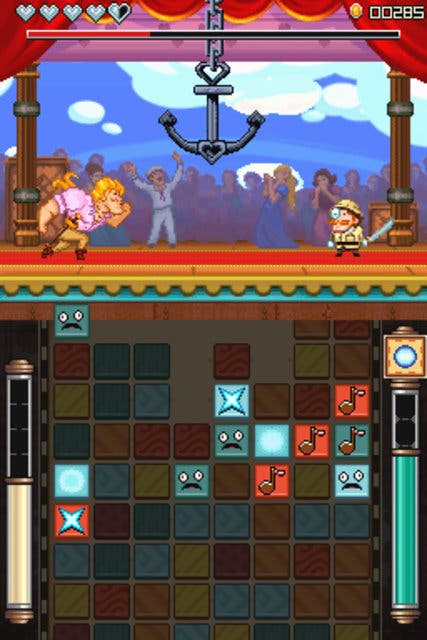Saturday Soapbox: Faster, Pussycat?
In praise of not waiting for things.
Never before have so many had to wait for so little. We don't have to wait for telegrams or letters any more. We don't have to wait for tomorrow's newspaper - we just have to check our answerphone messages. A handful of nimble companies have even ensured that we don't have to wait for somebody to come back from a trip to Blockbuster or Borders (too soon?) if we want to watch terrible films and read wretched books.
Waiting for games, then - waiting for developers to down their tools and ship something - is one of the last hold-outs for people who like to twiddle their thumbs and just look forward to stuff. It feels virtuous. You get to stare at the screenshots a bit longer, and the developers get to 'move in close on the final pass', a phrase I've no doubt chucked into previews before, and which only serves to reveal how little I truly understand about the business of actually building games. No matter. Waiting's good for you. It's good for games.
And yet I'm not sure it's good for all games. Let me put it another way: there's been a trend recently where game designers have chosen to embrace really speedy development cycles, and I think I love it.

I'm not saying I reckon it would be nice if everybody did this. Take Uncharted, for instance, which is a prime example of the rewards you can reap when you take an elegant genre piece and send it off to the local French polishers for three years. I don't want to rouse Nathan Drake too early, to have him stumble into combat with his laces undone, his shirt not even half-tucked. I don't want BioShock Infinite to ship before Columbia's been finished, or a StarCraft in which nobody had time to focus in on the really good units. And yet some of my favourite games of the last few months have been made in less than 48 hours. That's a shorter period of time than it took me to work out how to get audio files off my dictaphone without deleting them.
A lot of this is because, over the past year or so, Ludum Dare has become my favourite website. I would like to say it's my favourite platform, really, because it's starting to feel like one. It's where I go in between doing things I should actually be doing, such as not accidentally deleting audio files, in order to peruse a wealth of curious gaming oddities. There's almost no end to it. It's like having a salt mine in your back garden except that it's not, if I'm being totally honest, particularly salty.
The games are the fruits of Ludum Dare's accelerated development events, each one providing designers with a theme and a 48 hour timeframe in which to construct an entire working prototype. It's a gamejam set-up that's becoming increasingly popular around the world, and it works so well, I suspect, because both that theme and that time-limit give creative people just enough structure to show you why they're creative people. They have to choose an idea quickly, build mechanics around it, and then get the whole thing to work. There's no time to wobble over decisions, no time to get lost in the niceties of art and audio, and no time - this is the big one - to layer on additional features. They're forced to be brutal with all those clever ideas that might improve things, but could just as easily destroy the game's overall focus. It's a chance for engineers and artists to just sketch something in quick strokes - with all the energy that that suggests.



-3-31-23-screenshot.png?width=291&height=164&fit=crop&quality=80&format=jpg&auto=webp)




